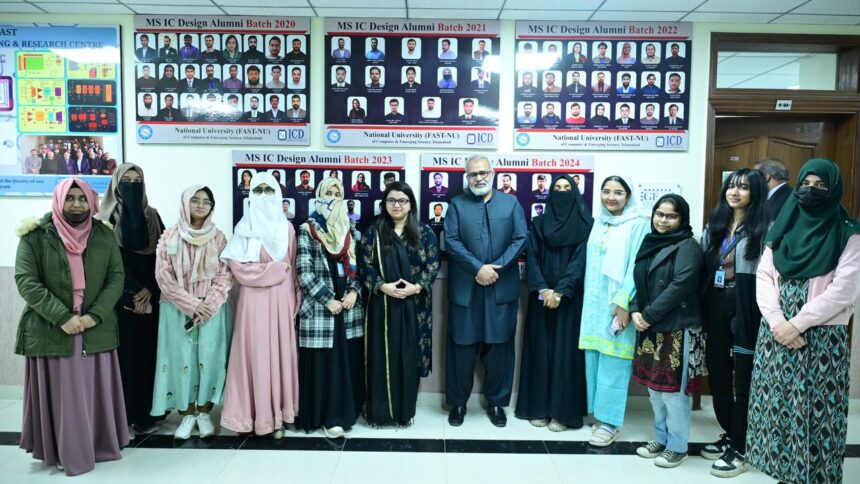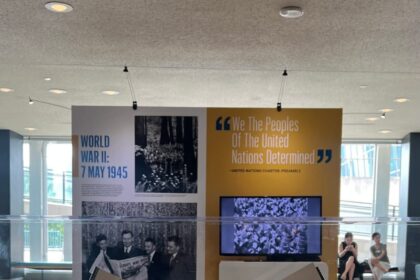Federal Minister for IT and Telecom Shaza Fatima Khawaja addressed a gathering at FAST National University Islamabad on the theme of securing Pakistan’s digital frontier, welcoming faculty, students and leadership from the FAST Public Policy and Research Society including Director Dr Waseem Shahzad, Dean Dr Sadia Nadeem and FPPRS President Zainab Inam Cheema.
The minister stressed that Pakistan’s digital transformation is accelerating and that robust cybersecurity measures are essential to protect national digital infrastructure and citizen data. She noted Pakistan’s Tier 1 ranking in the ITU Global Cybersecurity Index as evidence of collective commitment from government, academia and youth to strengthen cyber resilience.
Outlining a whole of nation approach to cybersecurity, she highlighted the National Cybersecurity Policy 2021 and upcoming reforms including the Cybersecurity Act 2025 and the Digital Nation Act. The minister explained that the Cybersecurity Act will establish a National Cybersecurity Authority to lead incident response and threat intelligence, while planned expansion of PkCERT and secure digital public infrastructure under the DEEP project will further reinforce national defenses.
Minister Shaza Khawaja credited the leadership of the Prime Minister, the Field Marshal, the Cabinet and SIFC for advancing the AI Policy and embedding technological transformation at the core of national development and security. She emphasized that policy, governance and operational readiness must move in step to maintain momentum on cybersecurity initiatives.
Reflecting on the Marka e Haq period, the minister said coordinated efforts by the armed forces, national institutions and cyber experts demonstrated Pakistan’s capacity for an effective cyber warfare response. She stressed that the cyber domain is now a first line of defense and that Pakistan showed global competence in protecting its digital frontiers.
During her visit she toured FAST-NU Islamabad’s IC Design Lab and met participants of Ignite’s flagship training in IC design and verification. The Ignite-funded programme trains 30 young engineers, including seven female participants, in a rigorous 10-month curriculum covering IC design, verification and fabrication processes. Implemented by FAST-NU, the course offers hands-on training aligned with global semiconductor standards, awards a postgraduate diploma equivalent credential and allows participants to pursue an MS with an additional six credit hours.
The minister also highlighted the government push toward AI driven cybersecurity, dark web monitoring, cloud security under the Cloud First Policy and secure identity frameworks. She called for stronger public private cooperation, praised the Digital Pakistan Cybersecurity Hackathon for surfacing national talent and noted that many participants now represent Pakistan at global competitions such as Black Hat MEA.
Reiterating long term goals, Minister Shaza Khawaja said Pakistan aims to build a cyber resilient, innovation driven digital nation where secure infrastructure, technological excellence and human capital development advance together to protect the country’s digital future.











